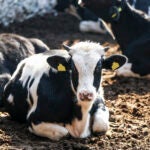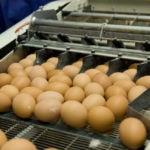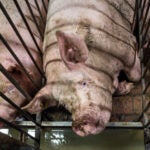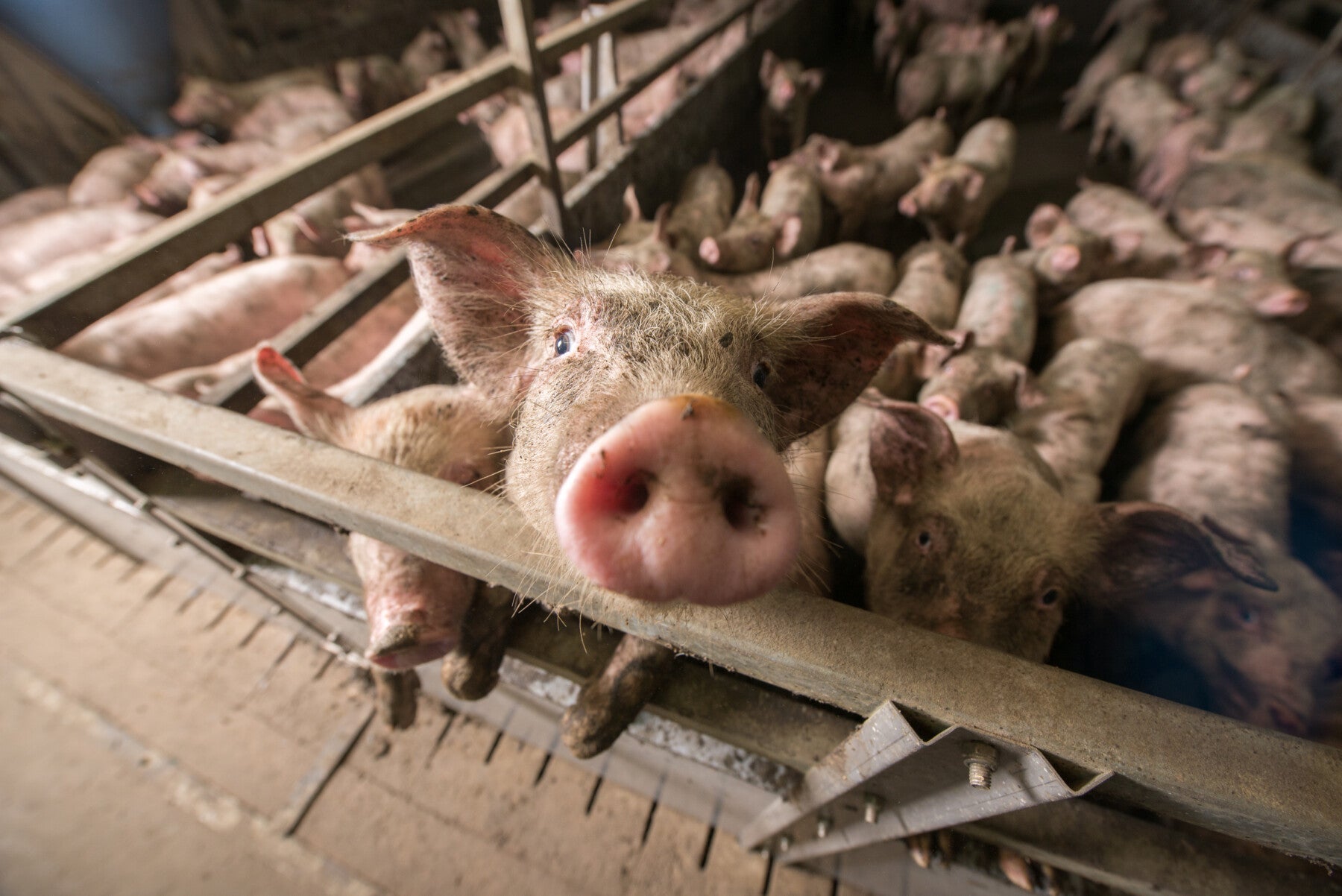What Percent Of Animals Are Affected By Global Warming
Animal Agronomics and Climatic change
Patrick Poendl/istock
Overview
Scientific consensus shows that animal agronomics is responsible for 14.5-xvi.5% of global greenhouse gas emissions and causes significant environmental degradation, from biodiversity loss to deforestation. Shifting to a plant-rich diet is one of the virtually effective climate-mitigation measures and provides multiple benefits from health and ecology perspectives.
Building a sustainable and resilient time to come for all requires comprehensive policy reform, financial incentives, and widespread collaboration amongst policymakers, financial institutions, businesses, communities and other stakeholders of the global food system. It is also critically important for each of united states to take action where we can, since we are all in this together!

88 billion+
Country animals are bred, reared and slaughtered for nutrient globally each year

fourteen.five% – 16.five%
Percentage of human being-caused greenhouse gas emissions from fauna agriculture (similar to the emissions from all global transportation)

10 years
Past 2030, the livestock sector is projected to account for almost half of the world's emissions budget for 1.5C unless things change
The event

The impacts of the free energy, fossil fuel and transportation industries currently dominate climate mitigation discussions among global leaders, while creature agriculture, 1 of the leading contributors to climatic change, is sidelined from discussions at all-time and ignored at worst. Transforming our food product systems and consumption habits are undeniable solutions that must be role of the global roadmap to addressing climatic change. That is why HSI is urging the United Nations Framework Convention on Climatic change and other world leaders to formally recognize fauna agronomics every bit a fundamental correspondent to climatic change and commit to developing and investing in mitigation strategies to back up and drive a just transition towards more constitute-axial food systems.
Facts virtually animal agriculture and climate change:
- Shifting subsidies and fiscal incentives from industrialized livestock production to more sustainable institute-based agronomics would support a merely transition in the agriculture sector.
- Encouraging investment in alternatives to creature agriculture and creating a supportive regulatory environment for innovation and growth in plant-based alternatives would help facilitate positive changes.
- Amended government procurement priorities could lower greenhouse gases in the public sector by decreasing animal-based nutrient procurement and increasing procurement of plant-based foods.
- Policies operating across the food organization, including policies that influence dietary choices, would allow for more sustainable country-utilise management, result in greater food security and low emissions trajectories, contribute to climate change adaptation and mitigation, and improve public health.
- Experts found that dietary shifts could contribute up to one-fifth of the mitigation needed to hold warming beneath 2°C.
- Policies that encourage dietary changes towards more plant-centric diets would also benefit the economy. A joint report by the International Labour Organisation and the Inter-American Development Bank revealed that a transition to a cyberspace-zero emission economy in Latin America and the Caribbean area, driven primarily past a transition from meat-heavy diets to more than plant-based diets, would result in the internet creation of 15 million more jobs in the region than under a concern-as-usual scenario and would reduce the region's agricultural GHG emissions.
More you lot can practice
1. Reduce your consumption of animal products.
two. Learn about four ways to EatKind.
Make a deviation
Get the latest news and nearly urgent calls to activeness by signing up to receive email alerts.
Source: https://www.hsi.org/issues/climate-change/
Posted by: labordebuirl1989.blogspot.com

0 Response to "What Percent Of Animals Are Affected By Global Warming"
Post a Comment